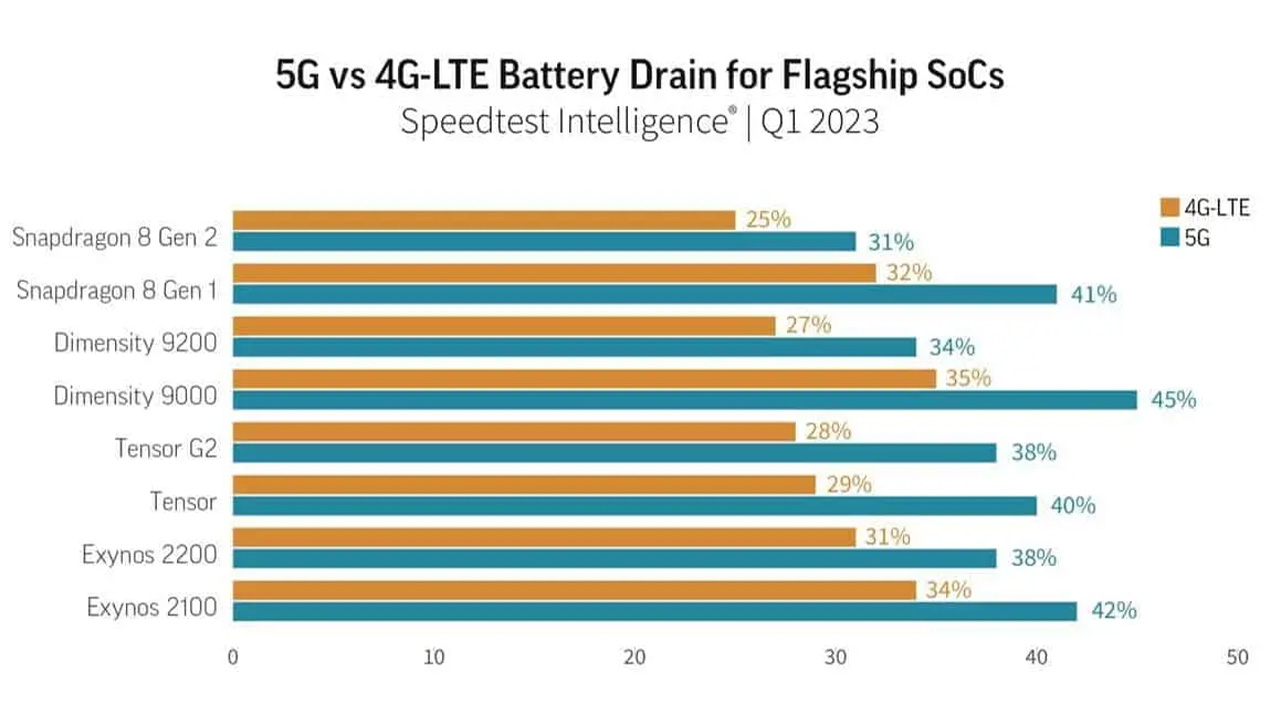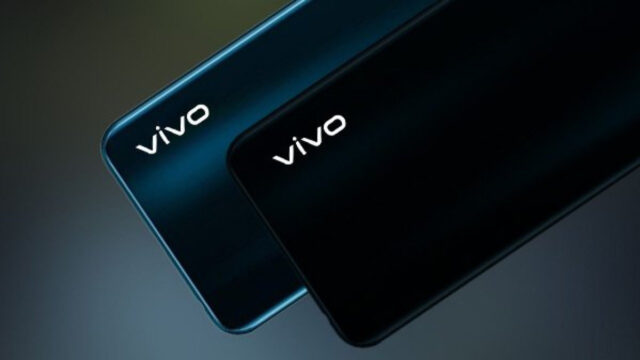Wireless technology continues to evolve at a rapid pace. Today, speeds such as 20 Gbps can be reached, especially thanks to 5G and high-bandwidth infrastructures. However, not everything is developing as fast as wireless technology. A recent study showed how much more energy 5G consumes compared to up to 4G.
5G technology battery healthcan be harmful to your
A recent study by Oakla looked at 5G technology from a different angle. Testing and comparing popular processors with both 4G and 5G, the company achieved very interesting results. Yet all the results agree on one thing; Regardless of your processor, 5G is a complete battery enemy.
Let’s first start with why 5G consumes more energy than 4G. Actually, there are several reasons for this situation. As you know, 5G signals have shorter wavelengths compared to 4G, which requires more power. As another main reason, we can show the primitiveness of this technology. 5G is still under development so it is not as efficient as 4G networks.
The combination of all this can lead to faster battery drain, which in turn leads to more charging and more heat. Unfortunately, the result of this cycle may be that the battery health decreases much faster and you have to change phones much more often.
How much battery does 5G consume?
Of course, how much battery 5G consumes varies depending on your usage scenario, your phone and even the strength of the signal you receive. But the results of limited tests in similar scenarios are as follows:

As you can see, the battery consumption in 4G is much higher in all models without exception. In addition, another remarkable detail was the difference between the processors, not the connection technologies. While the processors developed by Qualcomm were the most efficient devices in every usage scenario, the Exynos processors developed by Samsung had bad results. Unfortunately, it was not said on which devices these tests were performed. However, it was underlined that there are models with equivalent features.

